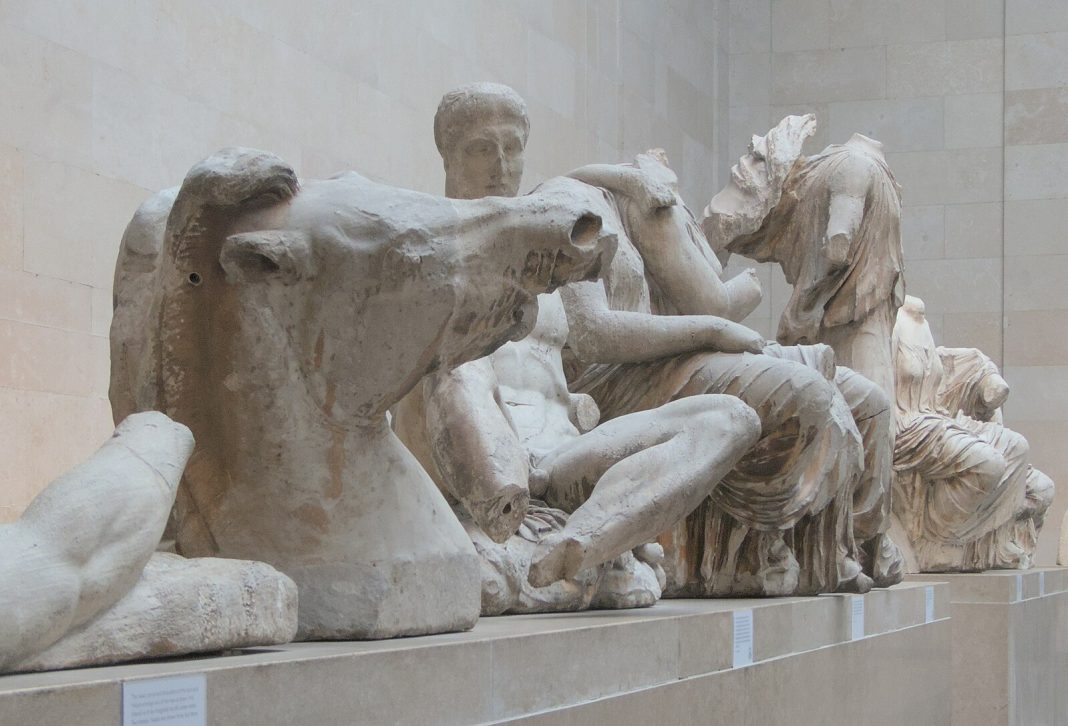A debate event, “Losing Your Marbles”, held on 2nd May by an Oxford research institute, Pharos Foundation, voted 55 to 30 that the British Museum should keep the Elgin Marbles, the famous Parthenon sculptures brought by Lord Elgin to Britain in the 19th century.
Speaking in favour of keeping the Elgin Marbles were historian and judge Lord Jonathon Sumption, historian Dominic Selwood, and archaeologist Mario Trabucco della Torretta. In a post on X, Selwood summarised their winning arguments, saying the Marbles were acquired lawfully and that “universal museums are culturally important for humanity.”
Speaking in favour of returning the sculptures were professor Catherine Titi, sociologist Tiffany Jenkins, and Director of the Institute of Art and Law Alexander Herman.
Sumption delivered the opening speech, arguing for legality since the Elgin Marbles were taken down over a period of two years “in broad daylight.” He anticipates the other side would argue for repatriation “as a symbol of their nationhood” but he believes that the sculptures should instead be considered as “great monuments of the human spirit… part of the global heritage of humanity as a whole.”
Titi’s rebuttal drew comparisons between the arguments used by Sumption and those used by Napoleon to maintain possession of artwork he wished to keep in France after he became Emperor. She also disputed Sumption’s legality claim by arguing that a letter which supposedly conferred legitimacy unto Elgin’s actions, was, at best, tenuous as a piece of evidence.
Herman took the repatriation side of the debate alongside Professor Titi, saying
that “the ancient past was a fundamental feature in Greek identity and heritage, and it
remains so to this day. He argued that it was not about a matter of nationalism as much as
“it is about recognising the dignity and the heritage of other people.”
Herman went on to say that “fearmongers” would argue that restitution of controversial
artefacts would lead to a slippery slope of many countries asking for artefacts back, but that this
would never become the norm. He cited statistics that only ten repatriation requests have been received, compared to the millions of artefacts. He believes this does not support the fear that beginning repatriation would lead to famous museums being emptied.
For now, the British Museum continues to house the sculptures despite repeated requests from Greece to repatriate them as a matter of national culture and heritage.
The British Museum also came under fire recently due to doubts over whether it is safe to house precious artefacts after over 1,500 items had been stolen over a period of several years, allegedly by a member of staff.


